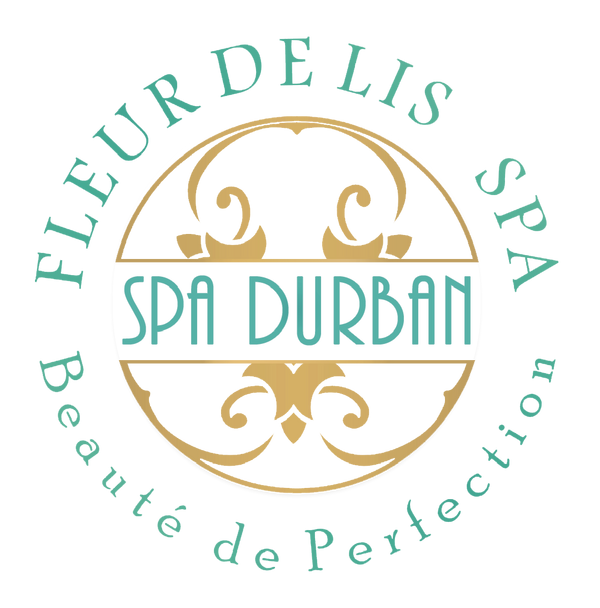
The Importance of Exfoliation in Your Skincare Routine
Exfoliation is one of the key steps in any effective skincare routine, yet it's often overlooked or misunderstood. Regular exfoliation can be the secret to achieving that smooth, glowing complexion you’ve always wanted. At Spa Durban, we emphasize the importance of exfoliation as a fundamental part of skincare. In this blog, we'll explore why exfoliation is so crucial, how to do it correctly, and the benefits it brings to your skin.
What Is Exfoliation?
Exfoliation is the process of removing dead skin cells from the surface of your skin. These dead cells can accumulate over time, leading to a dull complexion, clogged pores, and uneven skin texture. By exfoliating, you reveal the fresh, healthy skin underneath, allowing your skincare products to penetrate deeper and work more effectively.
Why Exfoliation Matters
Unclogs Pores: Dead skin cells, oil, and impurities can clog your pores, leading to breakouts and blackheads. Regular exfoliation helps to clear out these blockages, reducing the likelihood of acne and promoting clearer skin.
Enhances Skin Texture: Over time, dead skin cells can create a rough, uneven surface on your skin. Exfoliating helps to smooth out these irregularities, leaving your skin feeling soft and silky.
Boosts Cell Turnover: Exfoliation stimulates the production of new skin cells by encouraging the shedding of old ones. This process helps your skin regenerate more quickly, keeping it youthful and vibrant.
Improves Product Absorption: When dead skin cells build up, they can act as a barrier, preventing your skincare products from penetrating effectively. Exfoliating removes this barrier, allowing your serums, moisturizers, and treatments to absorb more deeply into your skin.
Brightens Your Complexion: By removing the dull layer of dead skin cells, exfoliation reveals a brighter, more radiant complexion. It can also help to fade dark spots, hyperpigmentation, and other discolorations, giving your skin a more even tone.
Types of Exfoliation
There are two main types of exfoliation: physical and chemical.
Physical Exfoliation: This involves using a scrub or a tool (like a brush or sponge) to manually slough off dead skin cells. Physical exfoliants typically contain small particles such as sugar, salt, or microbeads that help to buff away the top layer of skin. However, it's important to be gentle to avoid damaging the skin, especially if you have sensitive or acne-prone skin.
Chemical Exfoliation: Chemical exfoliants use ingredients like alpha hydroxy acids (AHAs), beta hydroxy acids (BHAs), or enzymes to dissolve the bonds between dead skin cells, allowing them to be washed away. Chemical exfoliation is generally more suitable for sensitive skin, as it doesn't involve scrubbing and can be less abrasive.
How Often Should You Exfoliate?
Exfoliation frequency depends on your skin type and the exfoliant you use.
Normal to Oily Skin: You can typically exfoliate 2-3 times a week.
Dry or Sensitive Skin: Once or twice a week is often sufficient to avoid irritation.
Combination Skin: Adjust your routine based on how your skin feels, targeting oilier areas more frequently and treating drier areas with care.
Exfoliation is a vital step in maintaining healthy, glowing skin. It unclogs pores, improves texture, boosts cell turnover, and enhances product absorption, all while brightening your complexion. By incorporating regular exfoliation into your skincare routine, you can achieve a smoother, more radiant look that feels as good as it looks.
Ready to Revamp Your Skincare Routine?
At Spa Durban, we offer personalized Facial Treatments tailored to your skin type and needs. Book an appointment today and let our experts help you achieve the glowing skin you've always dreamed of!
• Coastlands Musgrave Hotel - 031 826 8228 / 064 655 7989
• Coastlands Umhlanga Hotel - 031 826 6582 / 071 403 7153
• Coastlands Skye Hotel - 031 944 2829 / 063 532 5431
• The Royal Hotel - 031 829 9171 / 082 448 0141
• Vhi Skin & Spa Overport - 031 825 6300 / 066 249 1437
• Spa Durban Hillcrest - 031 765 2679 / 076 256 9118
